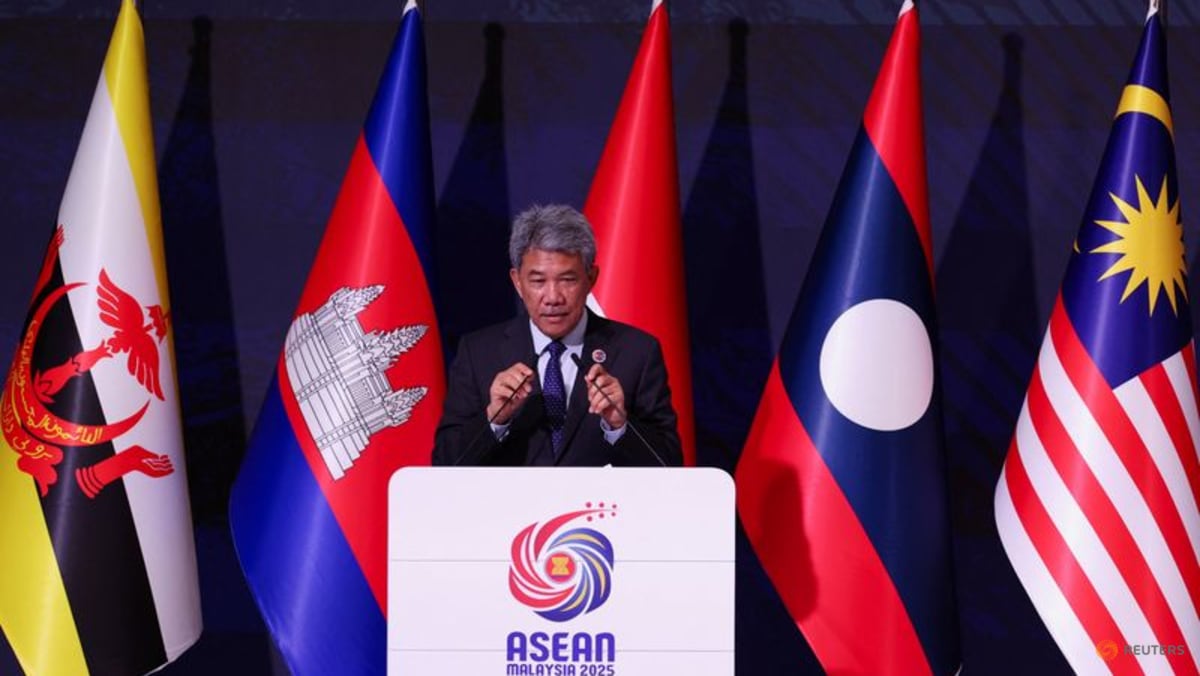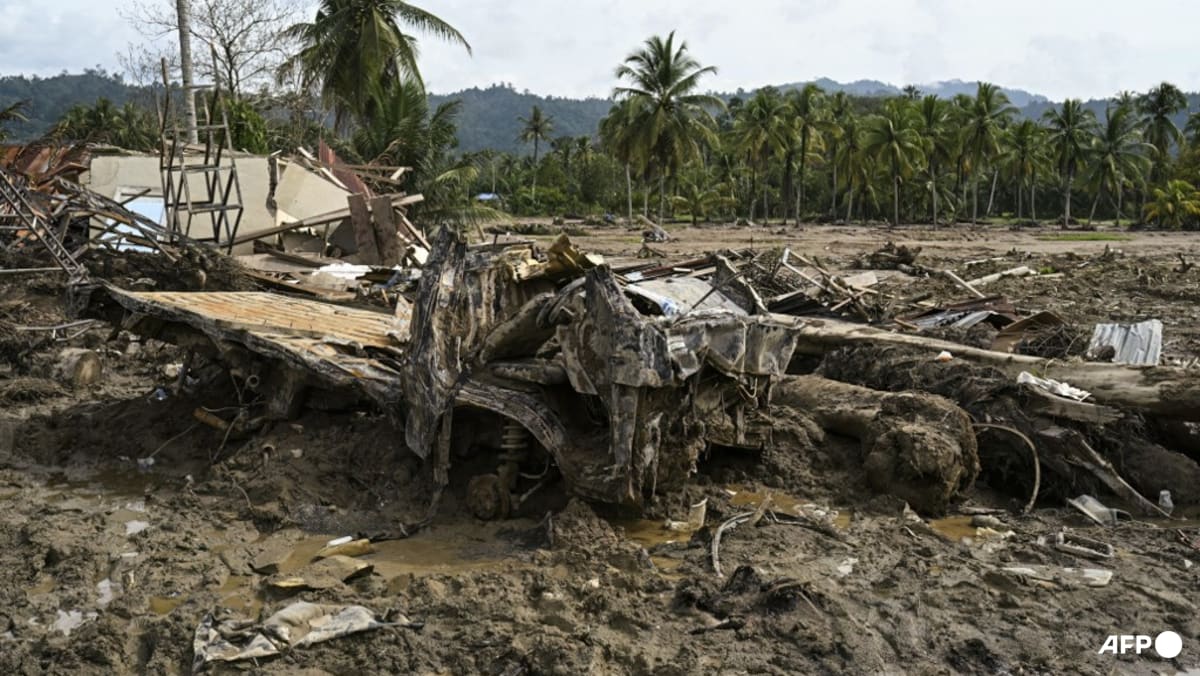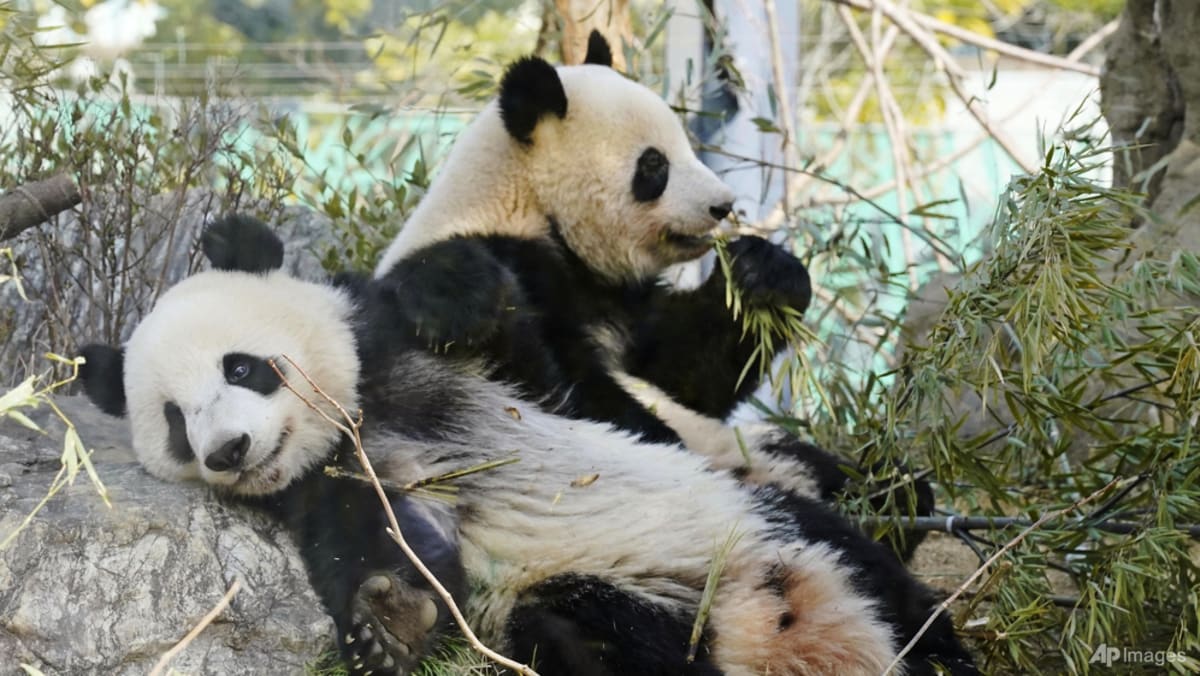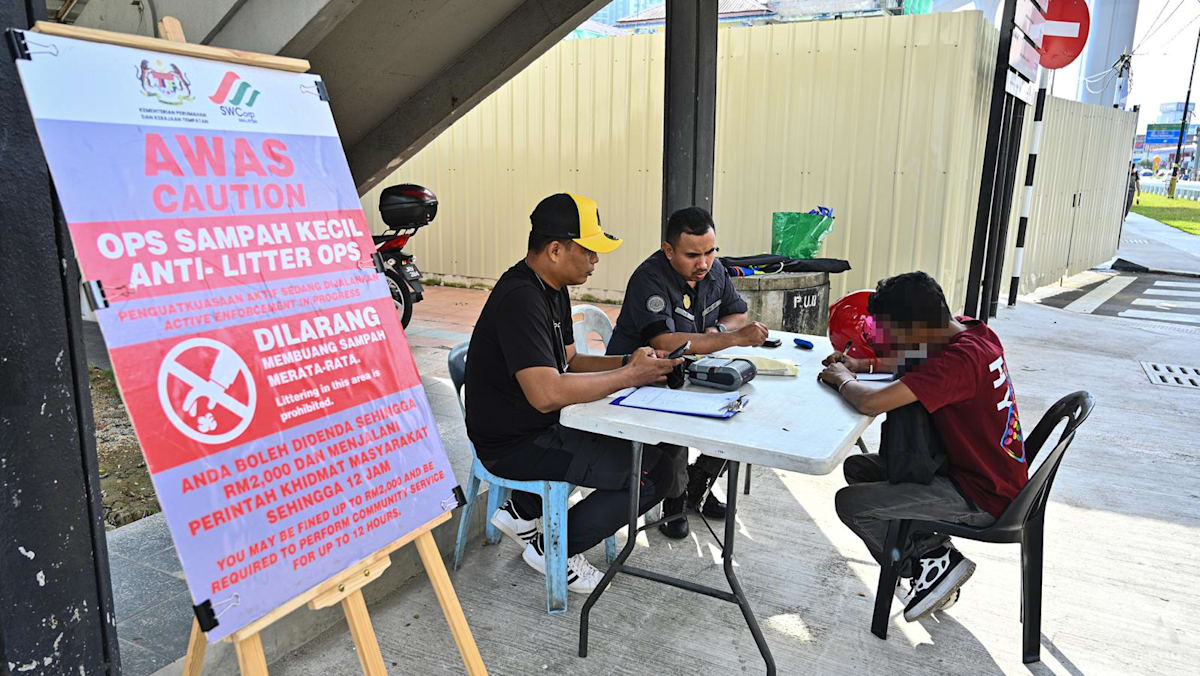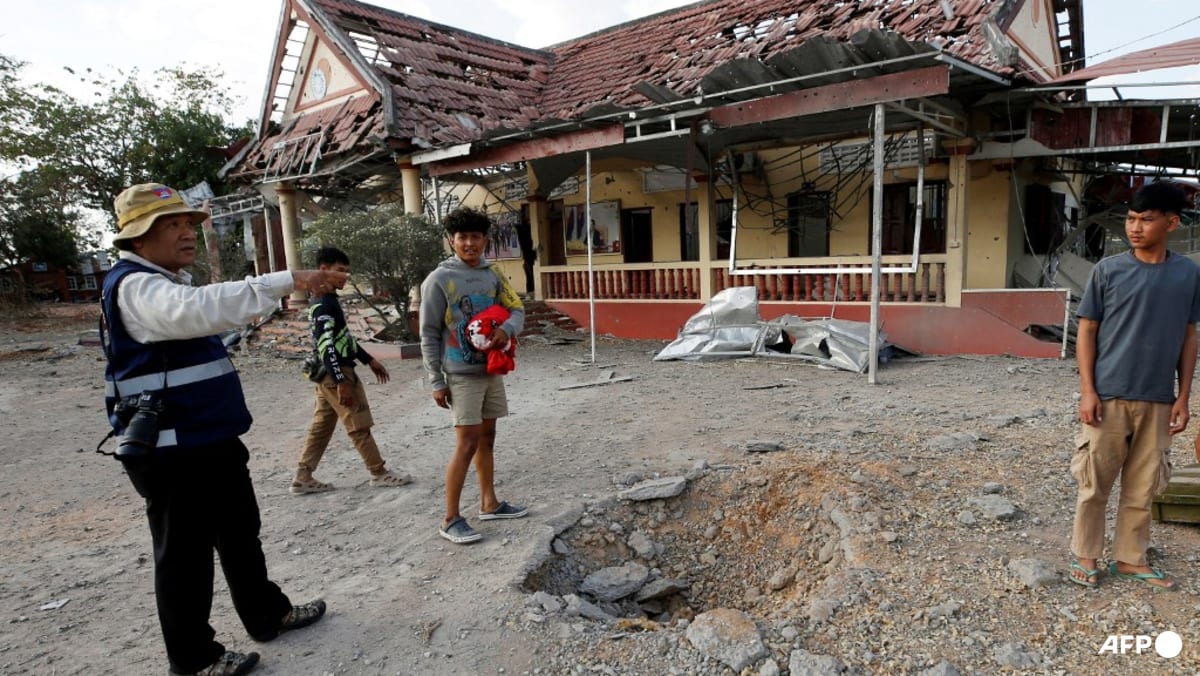IN FOCUS: On Indonesia’s Natuna islands, local livelihoods and China ties hang in the balance

“I’VE CURSED THEM”
The North Natuna Sea is part of Indonesia’s Riau Islands province, which includes the Batam and Bintan islands. Nestled in the southern part of the sea is the Natuna island cluster of at least 154 islets, home to about 80,000 people, most of whom are fishermen.
The Natunas also falls within Indonesia’s 200-nautical-mile exclusive economic zone (EEZ), which is based on the United Nations Convention on the Law of the Sea (UNCLOS) adopted in 1982 and ratified by more than 160 states, including Indonesia and China.
Beijing, however, has claimed the Natunas as within its traditional fishing rights in the South China Sea, as demarcated by its U-shaped nine-dash line.
China has also bickered with other Association of Southeast Asian Nation (ASEAN) states – namely Brunei, Malaysia, the Philippines and Vietnam – over their claims to parts of the South China Sea, which carries about one-third of global shipping and over US$3 trillion worth of trade yearly.
Officially a non-claimant state, the regional bloc’s “big brother” Indonesia emerged in the early 2010s as a self-styled mediator and “honest broker” on disputes over the key maritime conduit.
In 2016, an arbitration court in the Hague ruled that China had no legal basis to claim historic rights to areas within its nine-dash line.
That same year, amid multiple incursions into the Natunas by Chinese fishing boats, Indonesia began publicly referring to the nine-dash line as overlapping with its EEZ.
President Widodo, better known as Jokowi, also made a high-level visit to the islands, in what was viewed by many as a show of force and assertion of Indonesia’s sovereignty.
Jakarta renamed the waters as the North Natuna Sea the next year.
During the 2020 standoff, China argued that it had “sovereign rights and jurisdiction over relevant waters near the Nansha Islands”, using the Chinese name for the nearby Spratly Islands adjacent to the North Natuna Sea.
“China and Indonesia don’t have disputes over territorial sovereignty. We have overlapping claims of maritime rights and interests in some areas in the South China Sea,” said then-foreign ministry spokesman Geng Shuang in a press conference.
“China hopes Indonesia will remain calm. We would like to handle our differences with Indonesia in a proper way and uphold our bilateral relations as well as peace and stability in the region.”
Beijing reiterated its stance in a diplomatic note issued in May the same year, adding that it was “willing to settle the overlapping claims through negotiation and consultation with Indonesia”.
Indonesia, however, rejected the offer, stating there was “no legal reasoning under international law to conduct negotiations on maritime boundaries’ delimitation with China”.
Beyond fishing, oil and gas exploration in the South China Sea has presented another flash point.
In 2021, Beijing reportedly told Indonesia to stop drilling for these materials at a temporary offshore rig, located near a North Natuna Sea gas field known as the Tuna block.
Indonesian lawmakers told media outlets that it would not accede because it had a sovereign right. Chinese and Indonesian ships would shadow each other around the oil and gas block over the next few months.
At the end of 2022, Jakarta approved a US$3 billion development plan for the Tuna block, which is part of the largest untapped natural gas deposit in the world.
Shortly after, China’s CCG 5901 – the world’s largest coast guard vessel – was spotted sailing in the Natuna sea and particularly near the block.
“I am angry (China) claims they can fish in our waters,” said Mr Dedi, who lives on Bunguran island or Great Natuna, the biggest isle in the area and approximately a 1.5-hour flight from Batam. “And I’ve cursed them (when I encounter them), but they were aloof.”
Source: CNA









